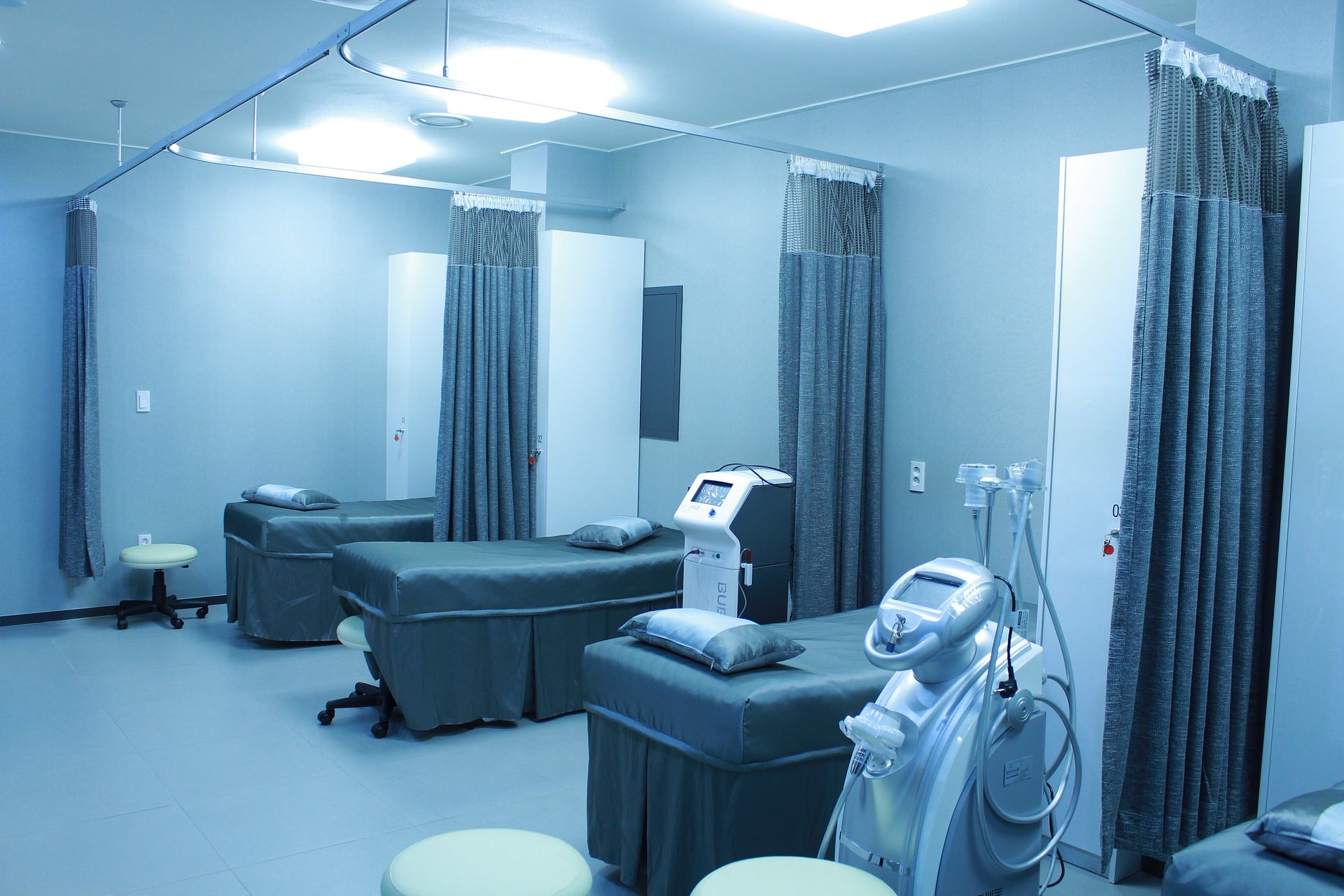
The Government of Western Australia (WA) has announced an additional funding of $296m (A$400m) to increase the hospital capacity in the state.
With this investment, the government aims to become more prepared to tackle Covid-19 cases after border controls are further eased in the state.

Discover B2B Marketing That Performs
Combine business intelligence and editorial excellence to reach engaged professionals across 36 leading media platforms.
A total of $153m (A$206.8m) will be allocated for 270 additional beds, which will create 530 new health beds in total that will come online by next year.
The increased bed capacity will be supported by 410 extra nurses and more than 180 extra doctors, for which the government is prepared to provide funding of $142m (A$191.2m).
These beds will consist of 150 beds across various hospitals, which include 74 general beds and 40 intensive care unit (ICU) beds, as well as 36 leased public beds in private hospitals.
Royal Perth Hospital will receive a total of 52 additional beds, including 28 ICU beds.

US Tariffs are shifting - will you react or anticipate?
Don’t let policy changes catch you off guard. Stay proactive with real-time data and expert analysis.
By GlobalDataBentley Hospital is set to receive 26 new beds, while Fremantle Hospital has been allocated an additional 24 beds.
An additional ten ICU beds will be provided to Fiona Stanley Hospital and Perth Children’s Hospital will get extra two ICU beds.
Furthermore, Hollywood Hospital and South Perth Hospital will receive 26 public beds and ten beds, respectively.
Additionally, the government plans to expand Osborne Park, Rockingham general hospitals, and two other sites with modular construction, to make provision for 120 new beds and create additional temporary capacity.
Western Australia has recruited 1,158 nurses and 440 doctors since January this year, and next year an additional 1,200 graduate nurses are expected to be employed.
Premier Mark McGowan said: “This is one of the biggest investments in WA’s health system with more than 500 beds coming online – the equivalent of a new hospital.
“It builds on our 2021-22 Budget investment of $1.4bn (A$1.9bn) to ensure our health system remains one of the best in the world.”





